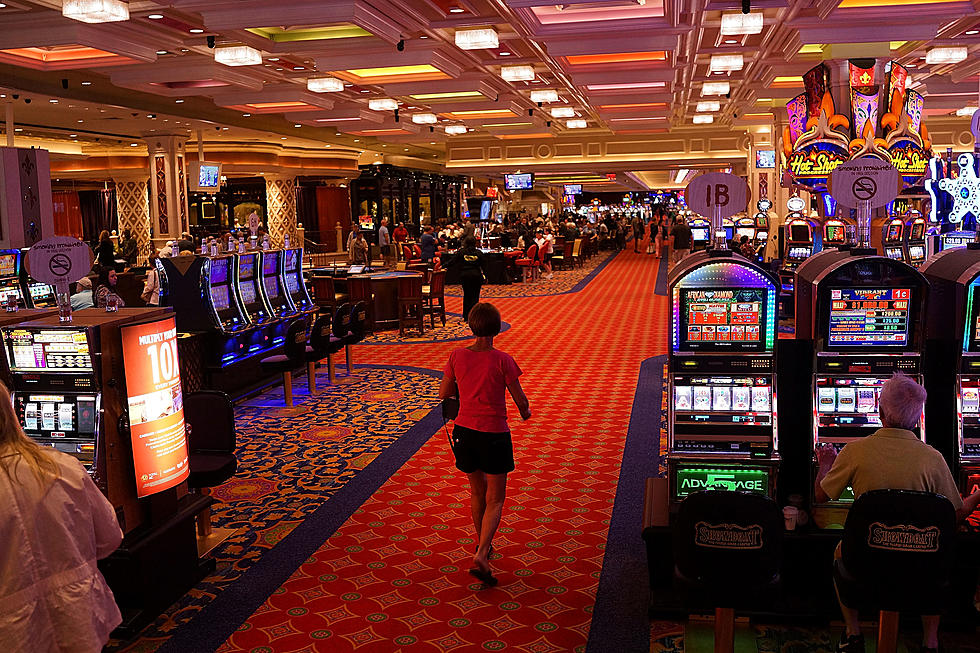
New Jersey residents want criminal justice reform, poll shows
It seems as though there are almost weekly reports about incidents of police misconduct against civilians largely having to do with white on black police mistreatment of criminal suspects. Released Thursday, the latest poll by Fairleigh Dickinson University's PublicMind asked New Jersey residents their opinions about a variety of criminal justice reforms.
"Eighty-six percent favor requiring police to wear body cameras," said Krista Jenkins, professor of political science and director of PublicMind. "It's a mutually beneficial tool that can be used to deal with this distrust that I think has formed among citizens and police officers."
While 86 percent of Garden Staters overall support requiring body cameras, 92 percent of black respondents favor the idea and 84 percent of whites like the reform concept.
"They (body cameras) would protect not only potential defendants, people who believe they were mistreated, but also the police officers themselves. That is, I think the central reform that has been discussed when you hear about cases in Baltimore and Ferguson, etc," Jenkins said.
New Jersey residents were also asked about four other possible criminal justice reforms. The findings suggest a racial divide on some fronts. The figures include:
- Overall, 79 percent support more racially diverse police departments (blacks 84 percent/whites 66 percent);
- Overall, 85 percent favor community policing (blacks 89 percent/whites 87 percent);
- Overall, 79 percent back the idea of better lawyers for poor defendants (blacks 93 percent/whites 73 percent);
- Overall, 89 percent support better education for citizens about their rights (blacks 94 percent/whites 86 percent)
"There are really two takeaways here," Jenkins said. "The first is that there's a broad consensus among the public for criminal justice reforms. However, some communities favor change more than others."
The poll was conducted by telephone from April 13-19 using a randomly selected sample of 1,314 adults in New Jersey, including an oversample of 403 African-Americans.
More From New Jersey 101.5 FM




![“Numbnuts” Is Never Acceptable, Say Most NJ Voters [AUDIO]](http://townsquare.media/site/385/files/2012/02/christie-numbnuts1.jpg?w=980&q=75)
![Chris Christie Gets High Marks Again, Jerseyans Say State Is Headed In Right Direction [AUDIO]](http://townsquare.media/site/385/files/2012/03/christie23.jpg?w=980&q=75)
![Are Jersey Lawmakers Really Representing Us? [AUDIO]](http://townsquare.media/site/385/files/2011/12/2011-12-05_16-02-04_732.jpg?w=980&q=75)
![Positive Poll Numbers For Governor Christie [AUDIO]](http://townsquare.media/site/385/files/2011/12/christie.jpg?w=980&q=75)
![Will Nation Follow Jersey’s Lead in Sports Betting? [AUDIO]](http://townsquare.media/site/385/files/2011/11/sportsbook1.jpg?w=980&q=75)
